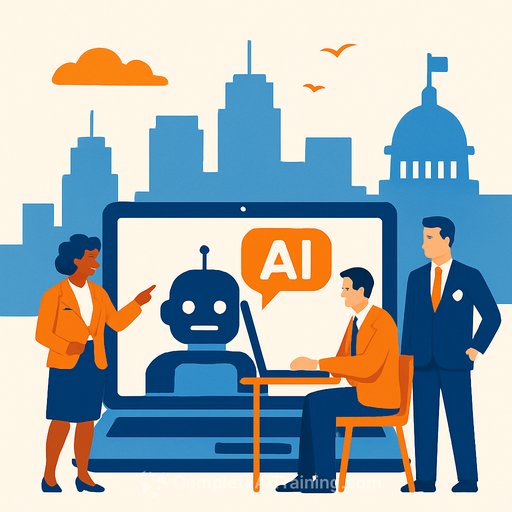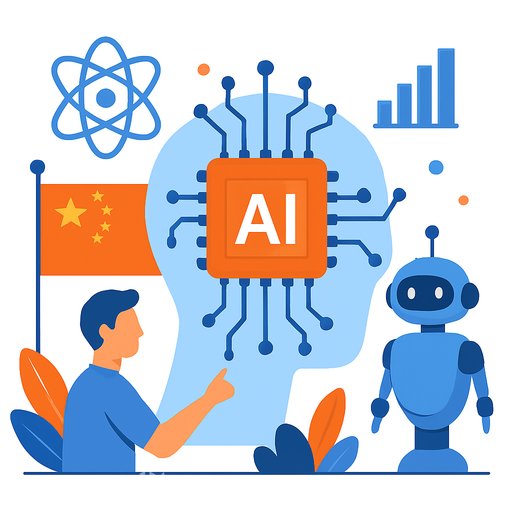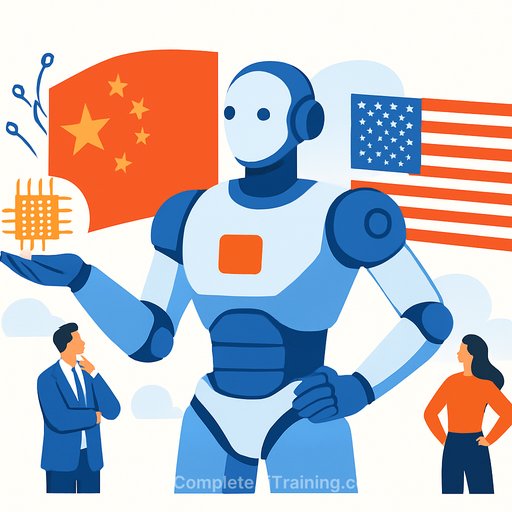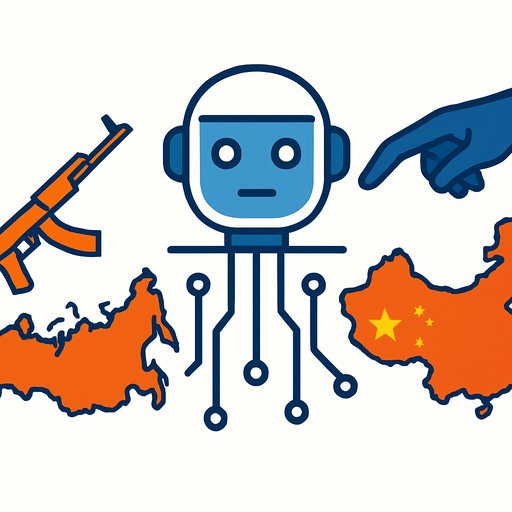US Cities Leading with AI Guidelines for Government Workers
Across the United States, cities are taking the initiative to create AI policies for local government employees. While state and federal responses to AI regulation often move slowly, municipalities are shaping their own guidelines to address this technology's opportunities and risks directly.
Boston was one of the first cities to release a set of AI guidelines for its employees back in May 2023. Santiago Garces, Boston’s Chief Innovation Officer, emphasized that AI is helpful but comes with unique challenges related to accuracy, privacy, security, and intellectual property. Rather than resisting AI adoption, Boston chose to guide its workforce towards responsible experimentation and learning.
What Do These Guidelines Cover?
Many cities and counties are developing AI policies similar to Boston’s. These guidelines help government workers decide when and how to use AI, emphasizing caution in sensitive areas like handling confidential information or making decisions affecting hiring or liberty.
For example, Lebanon, New Hampshire’s AI policy is intentionally flexible, designed to adapt as AI technology and laws evolve. Melanie McDonough, Lebanon’s Chief Innovation and AI Officer, explained that guidelines can be updated more frequently than formal policies, making it easier to address new risks or restrict certain AI features when necessary.
Boston’s guidelines draw on the 2022 White House AI Blueprint, outlining principles such as empowerment, inclusion, transparency, accountability, privacy, and public purpose. They stress that AI is a tool, and employees remain responsible for its outcomes. The guidelines also provide clear “dos” and “do nots” to help maintain ethical use.
Tempe, Arizona, released its AI policy shortly after Boston. It focuses on human-centered AI use and shares the responsibility across city departments, IT, and employees. Tempe’s approach includes reviewing every new AI tool through a governance committee and aligning with state and federal legislation as it emerges.
Practical AI Uses in Local Government
Boston’s recent survey found that 60% of city employees use AI at least weekly, mainly for drafting memos, proofreading emails, data analysis, and code generation. Some departments have experimented with multimodal AI models for image and video creation, significantly cutting costs. For instance, an educational video on trash disposal that traditionally would cost $20,000 was made for about $30 using AI tools.
Tempe’s city employees use AI in over 150 different ways, with some months seeing 100,000 AI-assisted tasks. Besides common AI models like ChatGPT for writing support, Tempe partners with companies like Axon for real-time object recognition in emergency response. However, Tempe deliberately avoids facial recognition technology to prevent potential harm or rights violations.
Why Are Cities Creating Their Own AI Policies?
Local officials find it necessary to set clear rules because AI is becoming integral to their operations. Melanie McDonough of Lebanon pointed out that city governments answer directly to local councils and residents, making transparency crucial. Providing straightforward policies helps residents understand how AI is used in their communities without getting lost in complex federal debates.
Stephanie Deitrick from Tempe stressed that without policies and governance, AI use can become careless or harmful. Clear guidelines encourage intentional and responsible technology use, and they foster important conversations about data and ethics.
Boston’s Garces highlighted that local government workers often feel closer to their constituents and can react faster to technological changes affecting public services. He expressed hope that state and federal regulators will collaborate with cities rather than hinder their efforts, as cities have valuable insights into practical AI implementation.
Final Thoughts
Local governments are stepping up to manage AI in public service effectively. Their guidelines balance innovation with caution, empowering employees while addressing privacy, security, and ethical concerns. For government workers interested in expanding their AI skills and understanding, resources like Complete AI Training’s latest courses can provide practical knowledge tailored to public sector needs.
As AI continues to impact government operations, these city-led initiatives offer clear examples of how to integrate technology with responsibility and accountability.
Your membership also unlocks:





